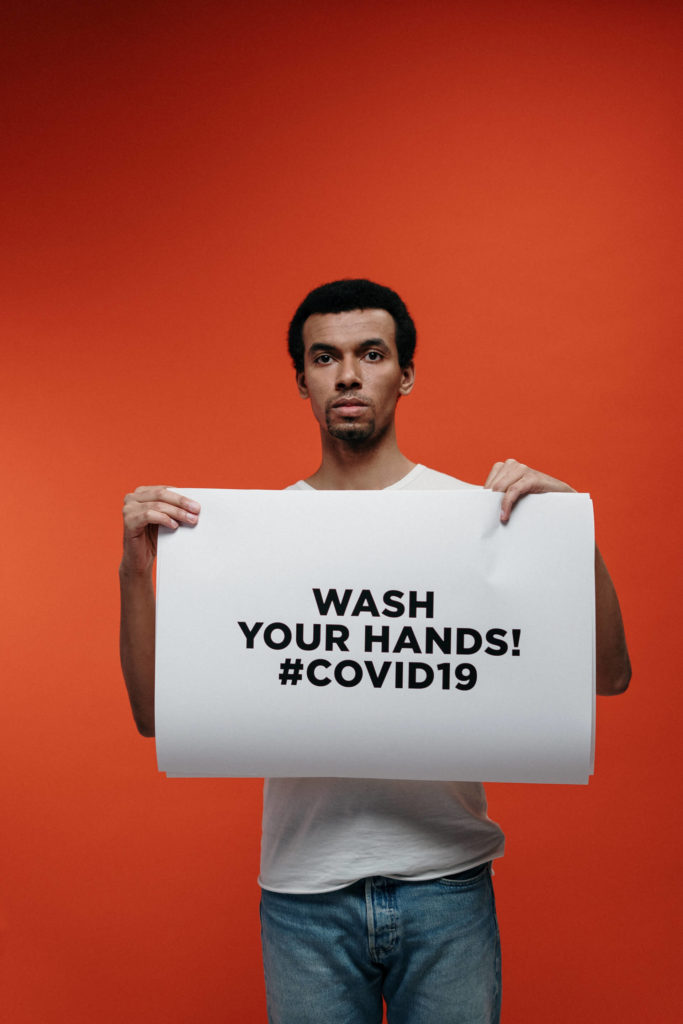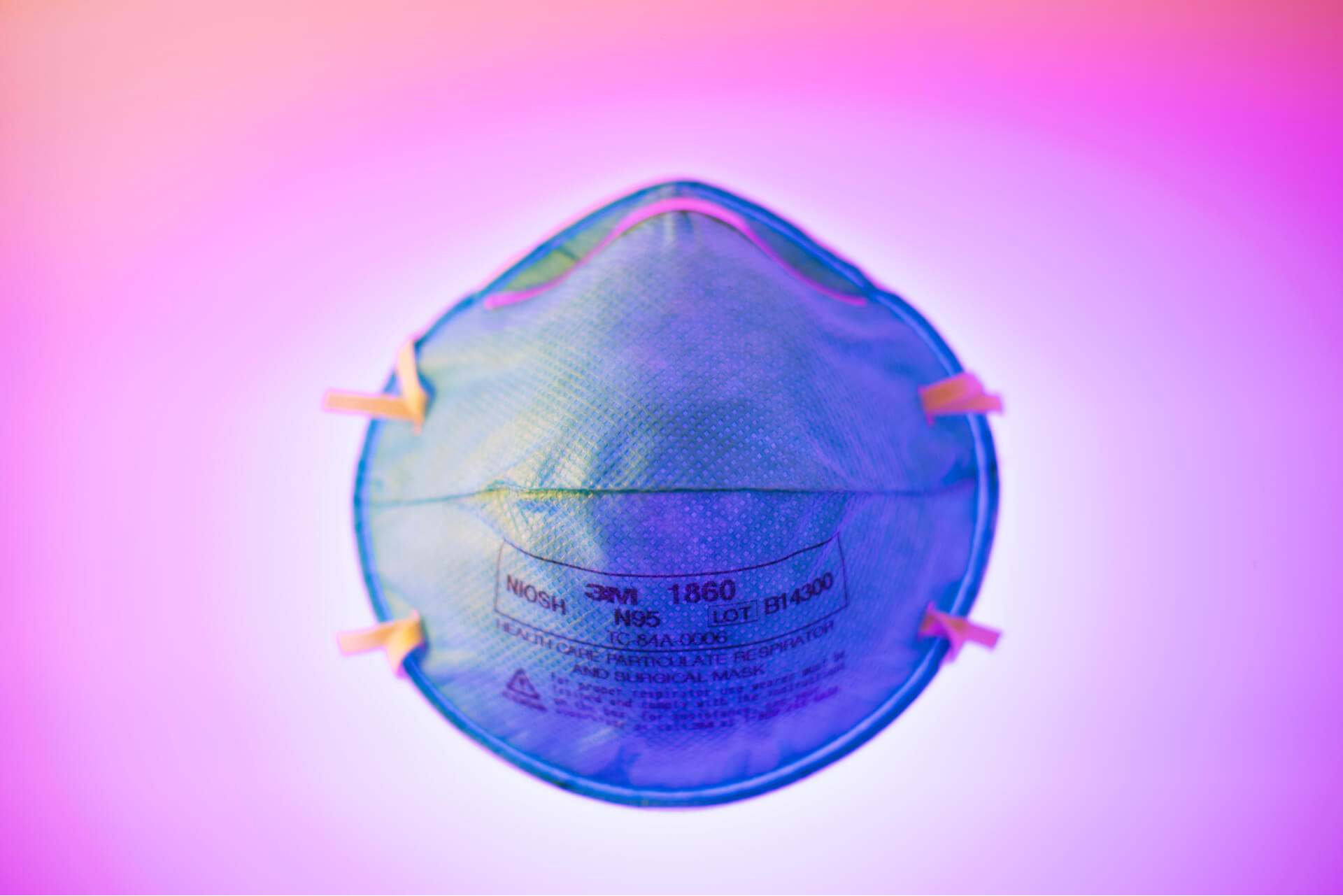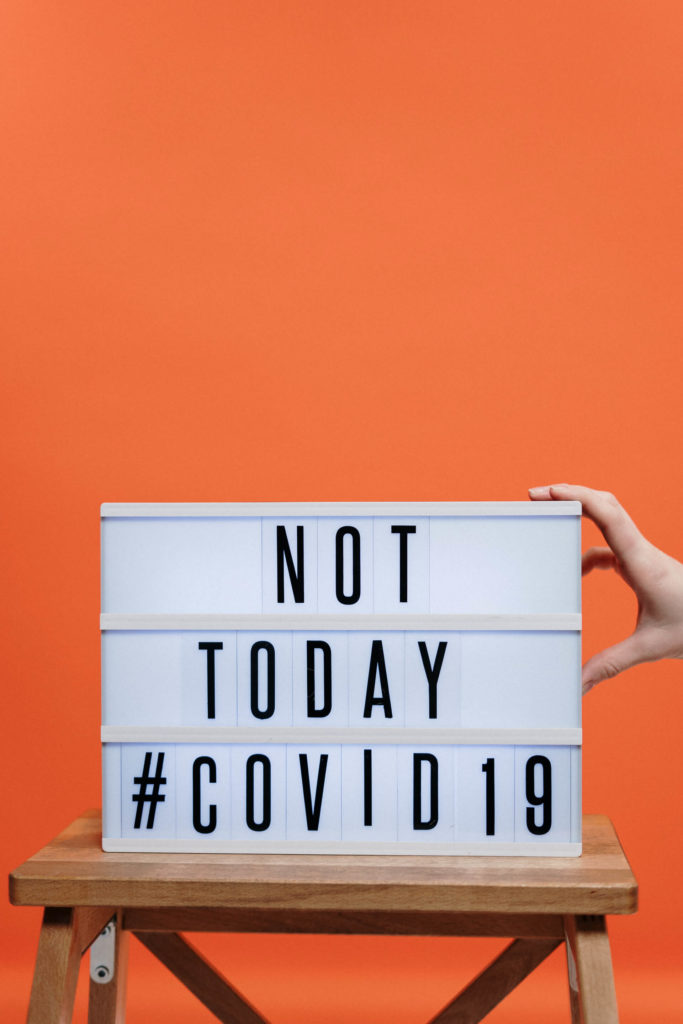Poor health habits can add stress to your life and also play a role in how well you are able to cope with stress. The stress that comes from poor health is significant. Health challenges also affect other areas of your life. Health problems can make daily tasks more challenging, create financial stress, and even jeopardize your ability to earn a living.
Healthy Diet for the Right Reason
Rather than eating right solely for the promise of looking better in your jeans, you should also make a commitment to eating foods that will boost your energy levels and keep your system running smoothly. This is because what you eat can not only impact your short-term and long-term health, it can affect your stress levels.
Another reason it’s a good idea to maintain a healthy diet is that your diet can have an effect on your mood.3 While the effects of an unhealthy diet are cumulative and become more apparent in the long-term, you are also less likely to feel well in the short-term if you are eating a diet heavy on sugar-laden, fatty, or nutritionally empty foods.
Some of the more immediate effects poor diet include feeling:
- Lethargic
- Jittery
- Moody
- Fatigued
- Hungry
- Weak
Eating well has important long-term consequences, but it may also help you feel more energetic and optimistic in the short-term as well

Make Sleep a Priority
Sleep can have a serious impact on your overall health and well-being. Make a commitment to get enough sleep at night. If you haven’t gotten adequate sleep, you may be less productive, less mentally sharp, and otherwise more prone to the effects of stress.
Some good habits that can help:
- Try to get a full eight hours of sleep each night
- Avoid caffeine after 2 pm
- Avoid eating foods in the evening that might disrupt your sleep
- Go to bed at the same time each night; wake up at the same time each morning
- Create a restful sleep environment; make sure your bed is comfortable and keep the room at an optimal temperature for sleeping (between 60 and 67 degrees Fahrenheit)
- Adopt a calming technique such as meditation to help yourself relax each night before bed
Fitness Habit
We’ve all heard the advice to eat right and exercise, but it can be difficult to fit in workouts around a busy schedule, particularly when you’re feeling exhausted from stress. One effective strategy for making fitness a regular part of your life is to build an exercise habit around your other habits-either attach a workout to your morning routine, your lunchtime habits, or make it a regular part of your evening-you get the idea



